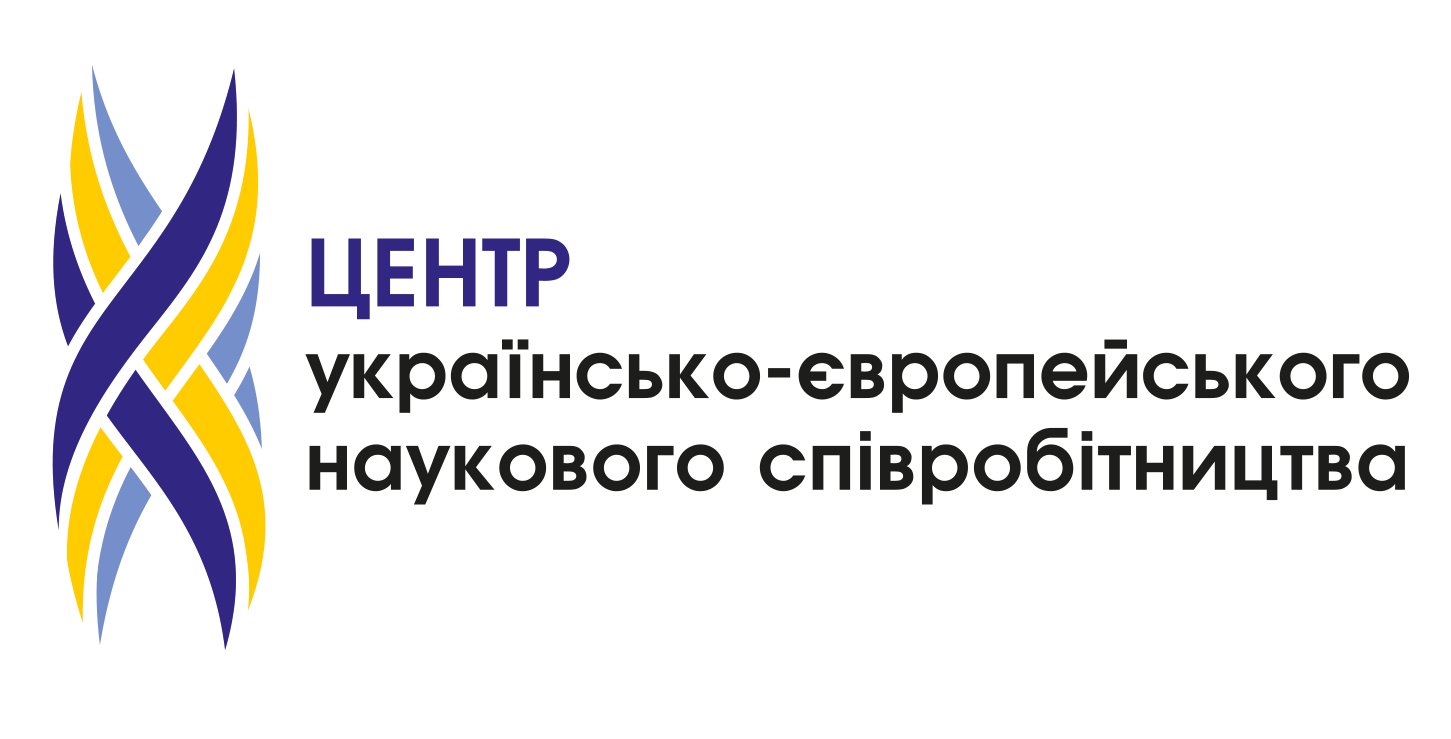 European Network for Academic Integrity
European Network for Academic Integrity
Partnership on University Plagiarism Prevention
Quality and Innovation Management Academy
Center for Ukrainian and European Scientific Cooperation
University of Economics in Bratislava
Technical University of Bergakademie Freiberg
WSEI University in Lublin
Academic Research and Publishing UG
Sumy State University
International European University
2nd International Conference
INTEGRITY, OPEN SCIENCE AND ARTIFICIAL
INTELLIGENCE IN ACADEMIA AND BEYOND: MEETING AT THE CROSSROADS
IOSAI-2024
December 17–18, 2024
Download the newsletter
CONFERENCE PROGRAM
First announcement
Date: December 17–18, 2024
Time: 10:00-18:00 (EET)
Venue: online via ZOOM
Working language: English
Registration fee: free of charge
Publication: book of abstracts, publisher “Izdevnieciba “Baltija Publishing” Latvia. The authors of the best reports will be invited to publish full articles in the journals Business Ethics and Leadership (https://armgpublishing.com/journals/bel/) and SocioEconomic Challenges (https://armgpublishing.com/journals/sec/).
The journals’ websites present the rules and financial conditions for submitting articles.
Registration: https://docs.google.com/forms/d/e/1FAIpQLSfcov3uLBWzYeXDD6c2zo3hAybwmcQQ7jbIh0mKXqdb0kSl0w/viewform
Participation mode: plenary speaker, regular speaker.
Conference page: https://cuesc.org.ua/en/announcement/conf_academ-integr_eng/
INTERNATIONAL SCIENTIFIC COMMITTEE (ALPHABETICAL ORDER)
Oleksandr Berezko, President, Institute for Open Science and Innovation (Ukraine)
Olena Churikanova, Project Manager, TUBAF Digital, Technical University of Bergakademie Freiberg (Germany)
Mary Davis, Professor, Academic Integrity Lead, Oxford Brookes University (UK)
Zander Janse van Rensburg, Subject-specialist: Plagiarism and Writing Centre Manager, North-West University (South Africa)
Oleksandr Khyzhniak, Project Manager, Centre for International Cooperation, Vrije Universiteit Amsterdam (Netherlands)
Iryna Kuchma, Open Access Programme Manager, EIFL (Lithuania)
Hlib Lieonov, CEO, Academic Research and Publishing UG (Germany)
Serhiy Lyeonov, Professor, Silesian University of Technology (Poland)
Amanda McKenzie, Director, Office of Academic Integrity, University of Waterloo (Canada)
Kathryn Nantz, Professor, Charles F. Dolan School of Business, Fairfield University (USA)
Martine Peters, Professor, Université du Québec en Outaouais, PUPP Director (Canada)
Bogdan Popoveniuc, Director, Center for Researches in Applied Ethics, University “Stefan cel Mare” of Suceava (Romania)
Salim Razi, Director of Centre for Academic Integrity, Canakkale Onsekiz Mart University (Türkiye)
Robert Rehak, Vice-Dean for Research & PhD study, University of Economics in Bratislava (Slovakia)
Shivadas Sivasubramaniam, Deputy Dean, School of Life and Health Sciences, University of Roehampton (UK), Board Member, ENAI (Czech Republic)
Loreta Tauginiene, Vice-Rector, Kazimieras Simonavicius University (Lithuania)
Tetiana Vasylieva, Editor-in-Chief, international scientific journal “Business Ethics and Leadership” (Germany)
Tomasz Wołowiec, Vice-Rector for Science and International Cooperation, WSEI University (Poland)
ORGANIZING COMMITTEE
Artem Artyukhov, University of Economics in Bratislava (Slovakia), Sumy State University (Ukraine), National Agency for Higher Education Quality Assurance (Ukraine)
Mykhailo Vikhliaiev, Center for Ukrainian and European Scientific Cooperation (Ukraine)
Center for Ukrainian and European Scientific Cooperation
Phone: +38 068 473 02 25
E–mail: soc@cuesc.org.ua
IMPORTANT DATES
December 1, 2024: Deadline for registration and abstract submission
December 9, 2024: Notification of acceptance
December 12, 2024: Conference program
ABSTRACT SUBMISSION
REQUIREMENTS FOR THE ABSTRACTS
Paper format: A4
Margins: top, bottom, left, right – 2 cm
Abstract length: no more than two pages
Font: Times New Roman № 14, 1.5 line spacing
CONFERENCE TOPICS
- General Issues and Cases of Academic Integrity
- Values of Integrity in Academia, Society and Business
- Integrity of Educational Process Key Roles: from Student to Educational Manager
- Integrity in Distributed Academic Environments
- Maintaining Academic Integrity in Distributed Educational Teams for Educational Managers
- Fostering Academic Integrity in Remote, Mixed and Face-to-Face Learning Processes
- Pedagogical Innovations for Academic Integrity Promotion
- Main Standards for Quality Assurance in Academia from an Integrity Perspective
- Research Integrity Challenges and Best Practices
- Business Ethics and Integrity
- Managerial Integrity in Educational Institutions and Business
- Violations of Integrity and Means to Address Them
- Integrity Ensuring Systems in Academia and Business: International, National and Local Experience
- Institutional Culture of Integrity in Academia and Business
- Academic Integrity Concerns in Open Scientific Community
- Integrity as a Key Value for Conscious Citizenship
- Fake Science: Revelation Comes Fast
- Place and Role of International Organizations in the Promotion of Integrity
- Media Space Ethics and Integrity Compliance
- Integrity Systems for Small Business: Challenges and Needs Analysis
- Artificial Intelligence and Academic Integrity
TITLE OF ABSTRACT
(not exceeding 15 words; the first letter of each word should be capitalized, except for articles, conjunctions, and prepositions)
Author Name and Author Surname1*, Author Name and Author Surname2,…
1Affiliation(s), address(es), e-mail
2Affiliation(s), address(es), e-mail
*corresponding author
Introduction. The Introduction section should comprehensively provide the background and objectives of the research.
Materials and Methods (if any). This section presents details of the methodology used and information on any previous efforts with corresponding references.
Experimental Materials (if any). This section should include experimental data, facts, and practical development from a theoretical perspective.
Results. The important and main findings of the study should be in this section. The tables, figures, and references should be presented in sequence to emphasize the important information or observations related to the research.
Conclusion. Section summarizing the content of the abstract, providing the outcome of the research, and/or suggesting further study on the subject.
Funding (if any). Authors should indicate the funding sources of their manuscripts by providing the name of the funding organization or financial support along with the assigned grant/award number.
References (if any). The formatting of references should adhere to the international APA style (American Psychological Association).
Keywords: from 5 to 8 keywords related to the topic
N.B.!
In some cases (for example, if the abstracts are of a review nature or are devoted to methodological aspects of implementing integrity systems in universities or organizations), free choice of the abstract’s content is allowed.









